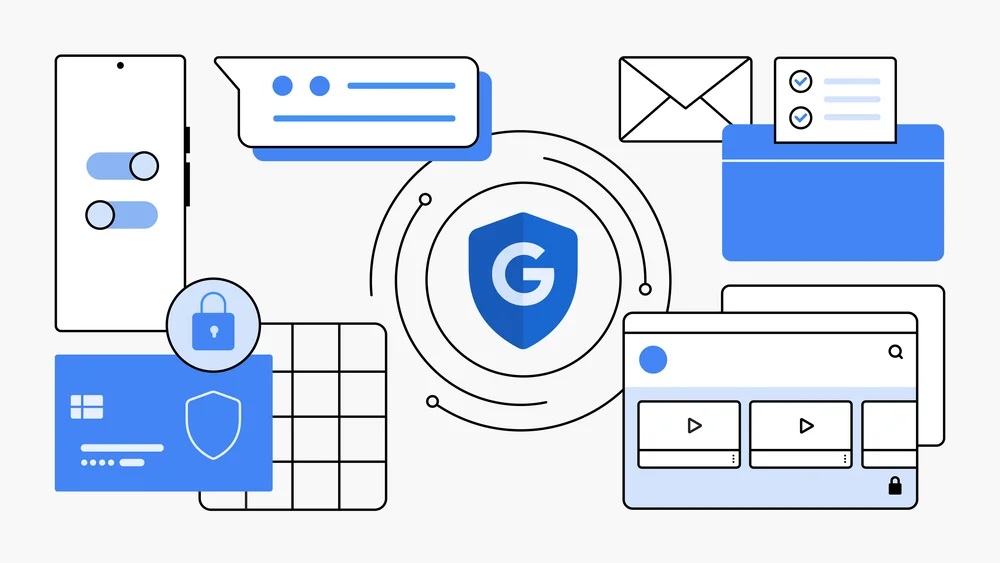
In today's digital age, managing your online reputation is crucial. With the power of the internet, anyone can easily look up information about you or your business with just a few clicks. This means that any negative or unwanted information that shows up on Google search results can potentially damage your reputation. However, there are steps you can take to proactively manage and even remove such content from the search results. In this article, we will discuss some effective strategies for mastering online reputation management and removing information from Google search.
Understanding Online Reputation Management
What is Online Reputation Management?
- Online reputation management (ORM) is the practice of monitoring and controlling how your brand is perceived online.
- ORM involves managing search engine results, social media, and online reviews to ensure a positive perception of your brand.
Importance of Online Reputation Management
- A strong online reputation can build trust with potential customers and clients.
- Negative information online can harm your credibility and impact your business or personal brand.
Steps to Remove Unwanted Information from Google Search
1. Contact the Website Owner
If the unwanted information is hosted on a website, the first step is to contact the website owner and politely request the removal of the content. Be sure to explain why the information is harmful and provide any supporting evidence if necessary.
2. Submit a Legal Request
If the website owner refuses to remove the content, you may consider submitting a legal request to have the information taken down. This could involve sending a cease and desist letter or filing a Digital Millennium Copyright Act (DMCA) takedown notice.
3. Improve Your Online Presence
One of the most effective ways to push down negative search results is to create and promote positive content about yourself or your business. This could include creating a personal website, engaging on social media, and seeking out opportunities for positive press coverage.
4. Monitor Your Online Presence
Regularly monitoring your online presence can help you stay on top of any new negative information that may arise. Set up Google Alerts for your name or brand name to receive notifications whenever new content is indexed by Google.
5. Utilize Online Reputation Management Tools
There are several online reputation management tools available that can help you monitor and manage your online reputation more effectively. These tools can track mentions of your brand, analyze sentiment, and provide insights into how you can improve your online reputation.
Conclusion
Mastering online reputation management is essential in today's digital world. By taking proactive steps to monitor and control how you are perceived online, you can protect your brand and build trust with your audience. Remember that removing unwanted information from Google search results may take time and effort, but with persistence and the right strategies, you can successfully manage your online reputation.